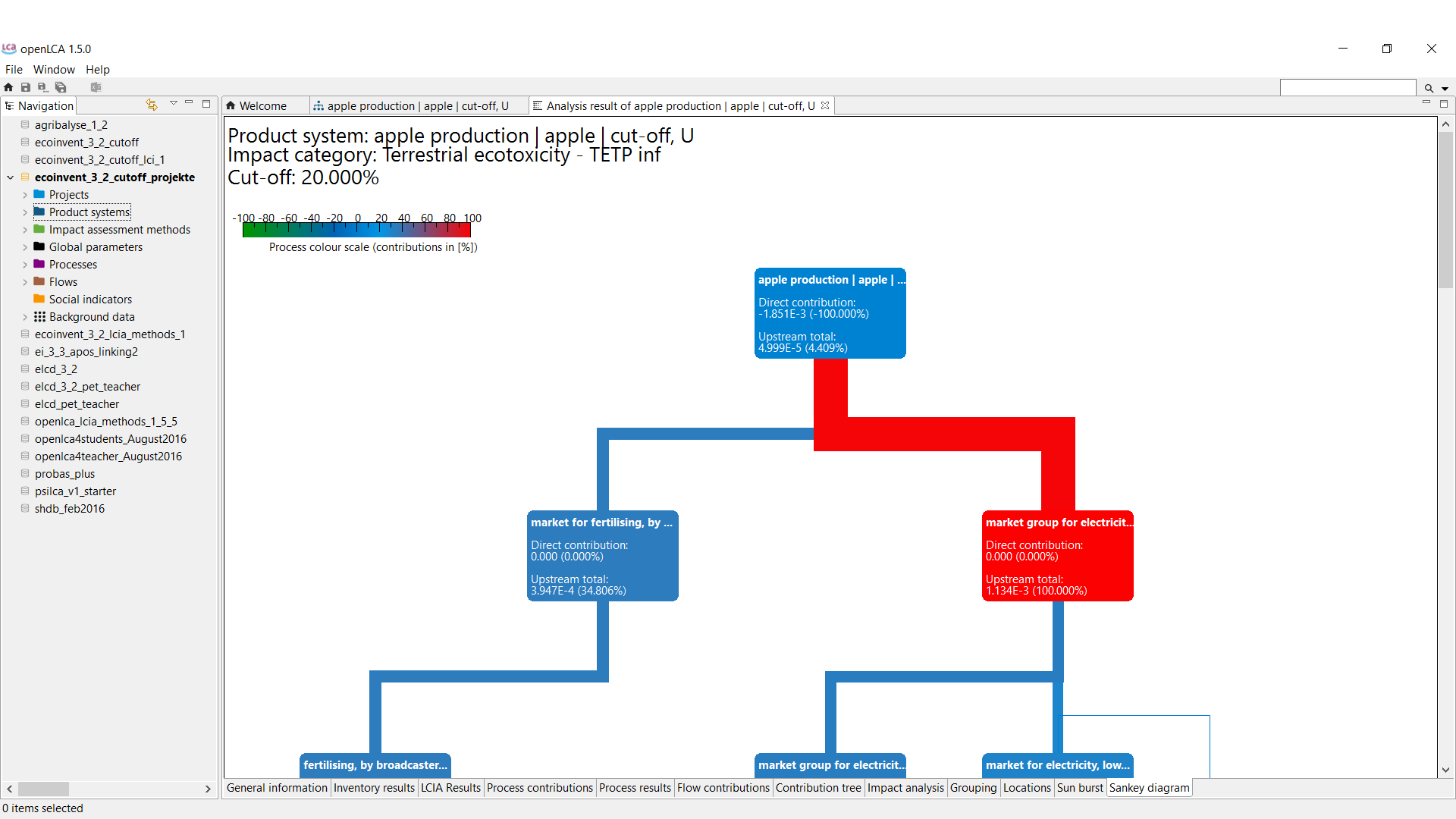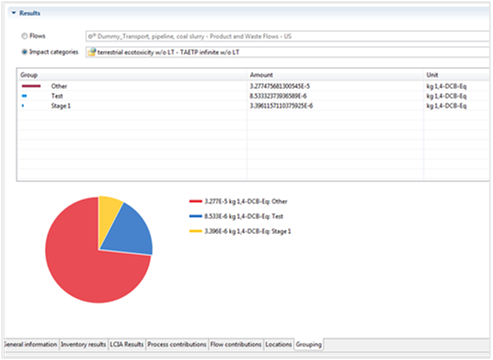
Notice that the mammals data is Boolean while the climate data is real-valued. Also, like other intensional methods, that work relies on the services of a reasoning component, but suffers from scalability problems for the application to large datasets, like the ones found on the LOD, caused by the excessive growth of the decision tree.ĭiscussion. A small change in the data can lead to a large change in the structure of the tree. An important limitation of the method is the time-consuming and computationally expensive process of growing a TCT. Two concept descriptions are disjoint if they lie on different leaf nodes. Then, by exploring the paths from the root to the leaves, intensional definitions of disjoint concepts are derived. The tree is traversed to create concept descriptions collecting the concepts installed in the leaf-nodes. A decision tree is built and each node in it corresponds to a concept with a logical formula. Another procedure for extracting disjointness axioms requires a Terminological Cluster Tree (TCT) to search for a set of pairwise disjoint clusters. While category redescriptions, i.e., equivalence axioms, refer to complex types, defined with the help of relational operators like A ≡ ∃r.C or A ≡ B u ∃r.C, in the case of incompatible categories, the redescriptions are only based on the set of attributes with the predicates of dct:subject, i.e., axioms involving atomic classes only. Their method, based on Formal Concept Analysis (FCA), a mathematical framework mainly used for classification and knowledge discovery, aims at searching for data subsets with multiple descriptions, like different views of the same objects. RM is about extracting a category definition in terms of a description shared by all the instances of a given class, i.e., equivalence axioms, and finding incompatible categories which do not share any instance, i.e., class disjointness axioms. use Redescription Mining (RM) to learn class equivalence and disjointness axioms with the ReReMi algorithm. In this paper, we only focus on recent contributions relevant to class disjointness discovery. Some prominent works are introduced in Section 1 and are also analysed in. For the evaluation of candidate axioms against the DBpedia dataset, we adopt an approach based on possibility theory.

Based on the insight that discovering new knowledge is essentially an evolutionary process, whereby hypotheses are generated by some heuristic mechanism and then tested against the available evi- dence, so that only the best hypotheses survive, we propose the use of Grammatical Evolution, one type of evolutionary algorithm, for mining disjointness OWL 2 axioms from an RDF data repository such as DBpe- dia. The instances, represented by RDF triples, play the role of specific observations, from which axioms can be extracted by generalization. The approaches to automated generation of the axioms from recorded RDF facts on the Web may be regarded as a case of inductive reasoning and ontology learning. The process of learning knowledge defined in terms of OWL 2 axioms from the RDF datasets can be viewed as a special case of knowledge discov- ery from data or “ data mining”, which can be called “RDF mining ”.

Today, with the development of the Semantic Web, Linked Open Data (LOD), expressed using the Resource Description Frame- work (RDF), has reached the status of “big data” and can be considered as a giant data resource from which knowledge can be discovered. KeyLogic hires multidisciplinary analysts and fosters an environment of collaboration to ensure projects bring together the right mix of skills and expertise.Abstract.

Chemical, mechanical, and environmental engineers economists, geologists, and data scientists.Technically diverse workforce with a combination of engineering and scientific disciplines, degrees and experience, modeling and technology expertise:


 0 kommentar(er)
0 kommentar(er)
